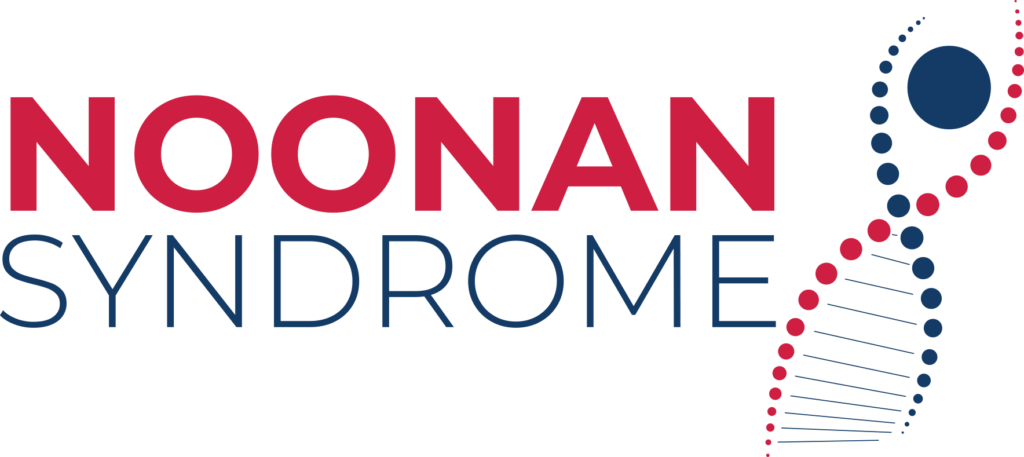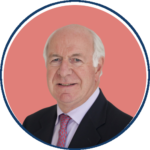
Program launch date: 15th July 2019
A blended independent educational program designed by Springer Healthcare IME featuring international experts. This program is designed for pediatric endocrinologists, pediatricians and pediatric cardiologists.
The management of Noonan syndrome from early diagnosis to optimal therapeutic response to growth hormone comprises different educational activities including a webcast, international expert presentations and interactive patient case studies.
All of the resources will be available in the following languages to support your individual preferences: German, Spanish, French, Italian, Portuguese, Japanese, and Chinese (simplified).
Professor Martin Savage
 Martin Savage is Emeritus Professor of Pediatric Endocrinology at William Harvey Research Institute, Barts and the London School of Medicine & Dentistry in London. He was head of the Paediatric Endocrine Unit at Barts and the London School of Medicine from 1982 to 2007. He is a clinician with clinical and research interests in growth disorders, specifically those with abnormalities in the growth hormone-IGF-1 axis. His main research field has been the phenotype:genotype relationships of GH-IGF-1 axis defects. He published the first human case of an IGF-1 gene defect in the New England Journal of Medicine in 1996.
Martin Savage is Emeritus Professor of Pediatric Endocrinology at William Harvey Research Institute, Barts and the London School of Medicine & Dentistry in London. He was head of the Paediatric Endocrine Unit at Barts and the London School of Medicine from 1982 to 2007. He is a clinician with clinical and research interests in growth disorders, specifically those with abnormalities in the growth hormone-IGF-1 axis. His main research field has been the phenotype:genotype relationships of GH-IGF-1 axis defects. He published the first human case of an IGF-1 gene defect in the New England Journal of Medicine in 1996.
His other clinical interests are Cushing’s syndrome and growth in chronic inflammatory diseases. He was General Secretary of the European Society for Paediatric Endocrinology (ESPE) from 1997 to 2004. Professor Savage has lectured in 59 countries world-wide and has published over 440 original articles, reviews, textbook chapters and books. In 2007, he was awarded the ESPE Andrea Prader Prize for contributions to pediatric endocrinology and in 2018 he received a Visionary Award from the American Human Growth Foundation. He continues to lecture nationally and internationally.
Disclosures
Professor Savage had consultancy agreements with Ipsen, Sandoz, Merck KGaA, Darmstadt, OPKO, and Genexine-Handok. He has received honoraria for lectures from GeneScience, and Novo Nordisk.
Watch our specialist panel presenting on, and discussing, clinical awareness and burden, early diagnosis using next generation sequencing, and growth hormone therapy for Noonan syndrome.
Watch two presentations by international experts on Noonan syndrome:
- Alexander Jorge on early diagnosis and phenotype:genotype relationships
- Alicia Romano on successful growth hormone replacement therapy
Engage with three case studies authored by clinical endocrinologists, addressing genetic diagnosis of Noonan syndrome and how best to treat patients using growth hormone therapy.
Watch our specialist panel presenting on, and discussing, clinical awareness and burden, early diagnosis using next generation sequencing, and growth hormone therapy for Noonan syndrome.
Watch two presentations by international experts on early diagnosis and phenotype:genotype relationships and successful growth hormone replacement therapy.
Engage with three case studies authored by clinical endocrinologists, addressing genetic diagnosis of Noonan syndrome and how best to treat patients using growth hormone therapy.
After participating in the program, learners will be able to:
- Demonstrate awareness of Noonan syndrome
- Explain the clinical burden of Noonan syndrome and related disorders in the untreated state
- Apply Sanger and genetic sequencing in the early diagnosis of Noonan syndrome
- Interpret clinical trial data and evidence (from outside of Europe) showing the impact of growth hormone therapy on improvement in clinical outcomes in short stature in patients diagnosed with Noonan syndrome
The management of Noonan syndrome from early diagnosis to optimal therapeutic response to growth hormone, made available on https://noonan-syndrome.ime.springerhealthcare.com/case-studies/ and organized by Springer Healthcare IME is accredited by the European Accreditation Council for Continuing Medical Education (EACCME) to provide the following CME activity for medical specialists.
Each medical specialist should claim only those credits that he/she actually spent in the educational activity. The EACCME is an institution of the European Union of Medical Specialists (UEMS). Only those e-learning materials that are displayed on the UEMS-EACCME website have formally been accredited.
Through an agreement between the European Union of Medical Specialists (UEMS) and the American Medical Association (AMA), physicians may convert EACCME credits to an equivalent number of AMA PRA Category 1 Credits™.
Expiration date: 13 May 2022
Information on the process to convert EACCME credit to AMA credit can be found at www.ama-assn.org/education/earn-credit-participation-international-activities.
